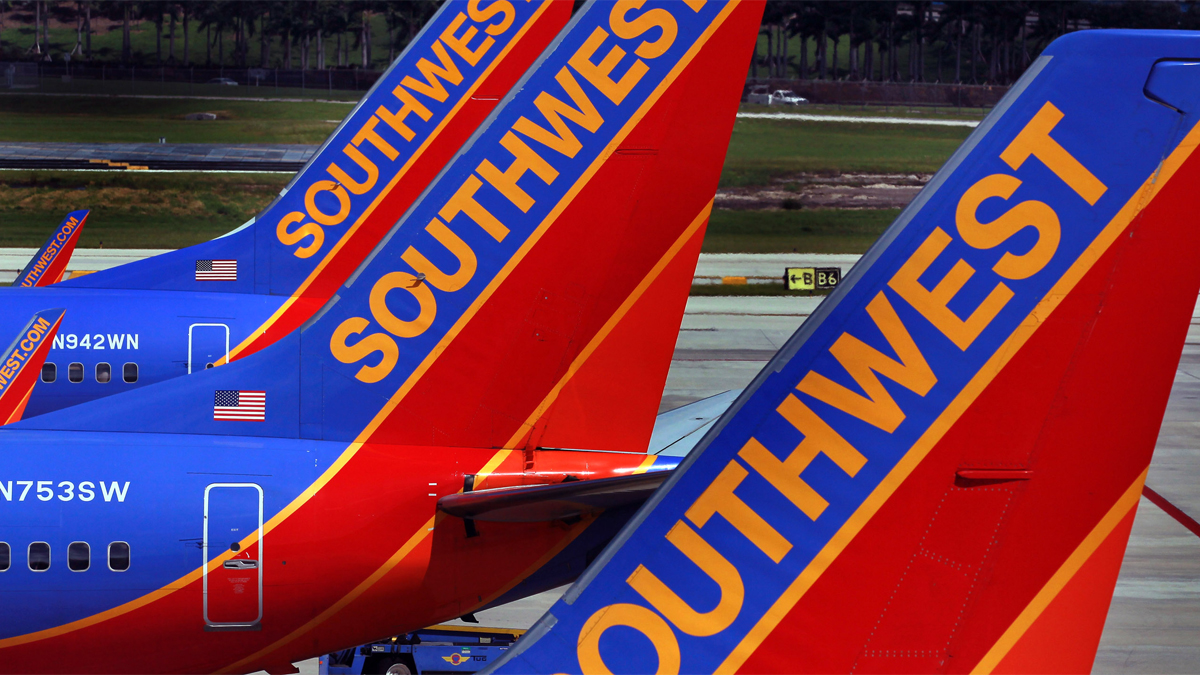Illinois Gov. J.B. Pritzker and Chicago Mayor Brandon Johnson on Friday released statements denouncing the recent ruling by the United States Supreme Court that sided with a Colorado-based Christian wedding website designer who refused to work with same-sex couples.
“Today’s Supreme Court decision allows LGBTQ+ discrimination to pervade under the guise of free speech," Pritzker said in a statement. "This decision weaponizes religious freedom as a boon for bigotry, and in doing so, puts the burden on the millions of Americans who have fought for their right to love and live as they are."
"LGBTQ Americans deserve the same protections and rights as everyone else" the statement continued. "Make no mistake: in Illinois, I promise that we will continue to fight to ensure you are respected and safe no matter who you love.”
Johnson released a similar statement, saying that the ruling "opens the door to an extremely dangerous precedent."
"Our country should not, and cannot, further discriminate against and limit the freedom of our LGBTQ+ communities at a time when their rights are already severely under attack," the statement continued. "Like yesterday’s ruling to end affirmative action, this will only further discriminate and divide us, so I call upon all institutional leaders and stakeholders to continue protecting these rights and practices in the city of Chicago."
Pritzker on Thursday also released a statement about the court's recent decision to end decades-long Affirmative Action polices, calling the ruling a "travesty."
Local
"Affirmative action admissions practices were a critical step towards creating educational environments that are representative of our diverse nation, while righting the wrongs of our past," the statement read. "This decision only sets us back."
Feeling out of the loop? We'll catch you up on the Chicago news you need to know. Sign up for the weekly Chicago Catch-Up newsletter.
More on the Supreme Court's ruling siding with Christian web designer who refuses to work on same-sex weddings
The decision was split among ideological lines, with the conservative majority ruling that the First Amendment bars Colorado from forcing "an individual to speak in ways that align with its views but defy her conscience about a matter of major significance."
"The First Amendment envisions the United States as a rich and complex place where all persons are free to think and speak as they wish, not as the government demands," Justice Neil Gorsuch wrote for the court's six conservative justices.
The court's three liberal justices, Sonya Sotomayor, Elena Kagan and Ketanji Brown Jackson, dissented.
"Today, the Court, for the first time in its history, grants a business open to the public a constitutional right to refuse to serve members of a protected class," Sotomayor wrote in her dissent.
The Colorado-based web designer, Lorie Smith, owns a design company, 303 Creative, which has served gay customers. But she hopes to start a website business to celebrate weddings and for that, wants to work only with heterosexual couples.
MORE: What the Supreme Court's ruling on affirmative action means for students
A state law prohibits discrimination against gay people by businesses open to the public. Smith says the law would force her and other artists to offer customized messages that violate their beliefs and her free speech rights.
Smith's opponents warned that a win for her would allow a range of businesses to discriminate, refusing to serve Black, Jewish or Muslim customers, interracial or interfaith couples or immigrants. But Smith and her supporters had said that a ruling against her would force artists — from painters and photographers to writers and musicians — to do work that is against their beliefs.
The decision is a win for religious rights and one in a series of cases in recent years in which the justices have sided with religious plaintiffs. Last year, for example, the court ruled along ideological lines for a football coach who prayed on the field at his public high school after games.
The decision is also a retreat on gay rights for the court. For two decades, the court has expanded the rights of LGBTQ people, most notably giving same-sex couples the right to marry in 2015 and announcing five years later that a landmark civil rights law also protects gay, lesbian and transgender people from employment discrimination.
Even as it has expanded gay rights, however, the court has been careful to say those with differing religious views needed to be respected. The belief that marriage can only be between one man and one woman is an idea that “long has been held — and continues to be held — in good faith by reasonable and sincere people here and throughout the world,” Justice Anthony Kennedy wrote in the court's gay marriage decision.
The court returned to that idea five years ago when it was confronted with the case of a Christian baker who objected to designing a cake for a same-sex wedding. The court issued a limited ruling in favor of the baker, Jack Phillips, saying there had been impermissible hostility toward his religious views in the consideration of his case. Phillips' lawyer, Kristen Waggoner, of the Alliance Defending Freedom, also brought the most recent case to the court.
Smith, who owns a Colorado design business called 303 Creative, does not currently create wedding websites. She has said that she wants to but that her Christian faith would prevent her from creating websites celebrating same-sex marriages. And that’s where she runs into conflict with state law.
Colorado, like most other states, has a law forbidding businesses open to the public from discriminating against customers. Colorado said that under its so-called public accommodations law, if Smith offers wedding websites to the public, she must provide them to all customers, regardless of sexual orientation. Businesses that violate the law can be fined, among other things. Smith argued that applying the law to her violates her First Amendment rights. The state disagreed.
The case is 303 Creative LLC v. Elenis, 21-476.



